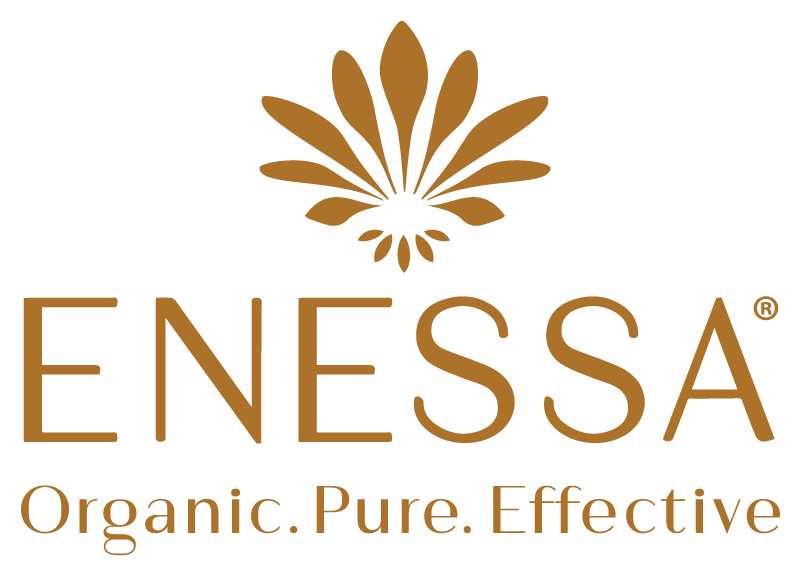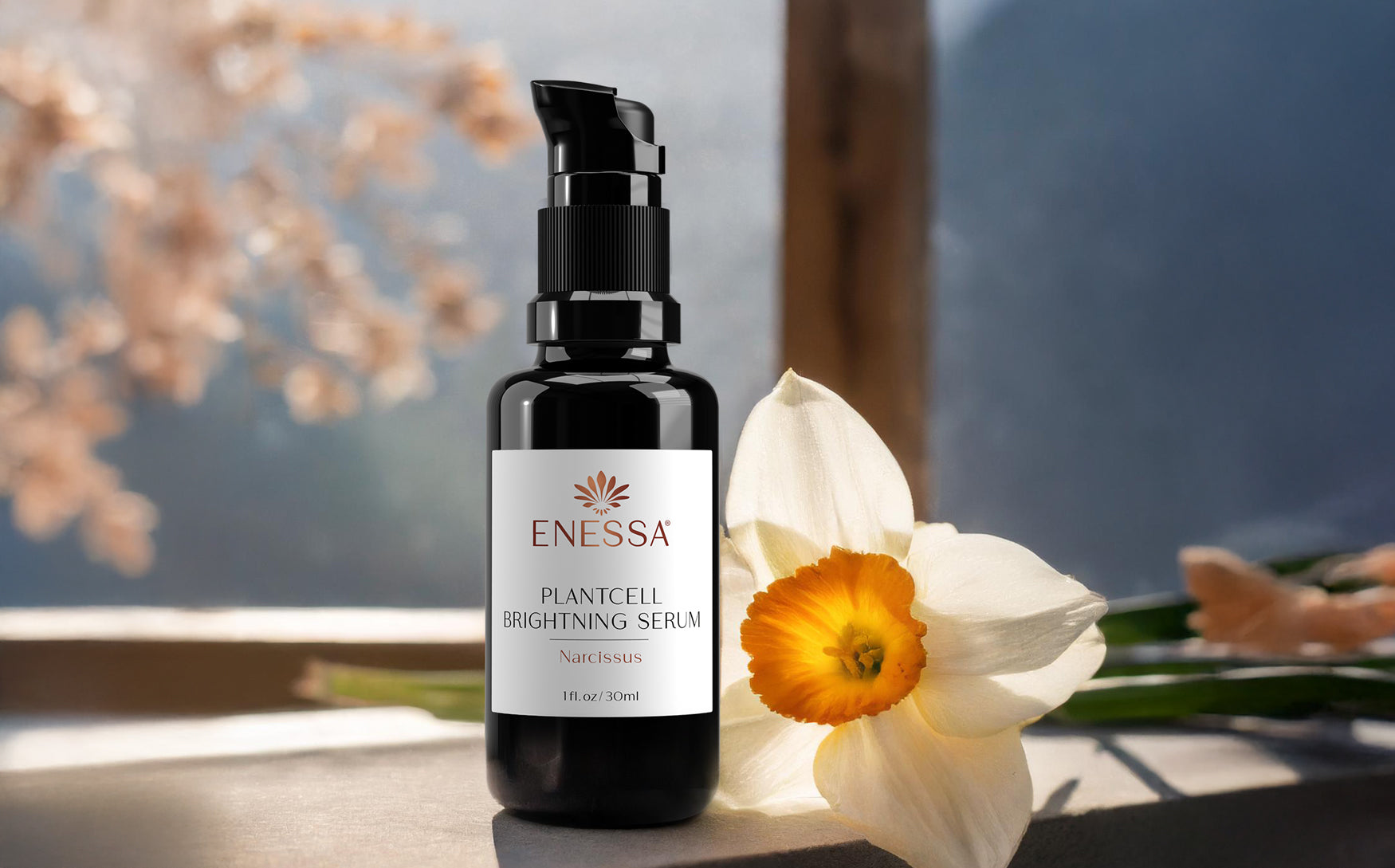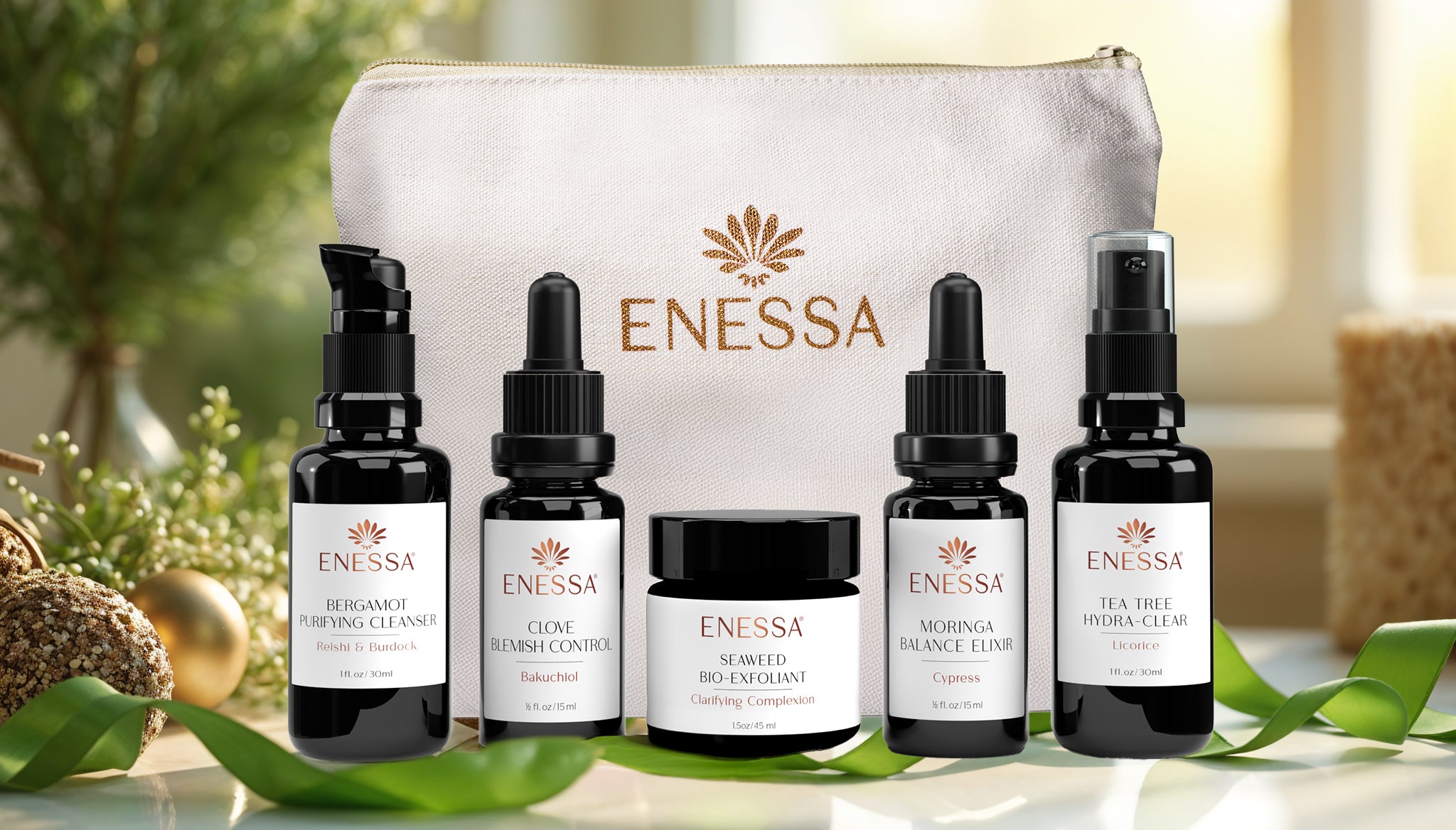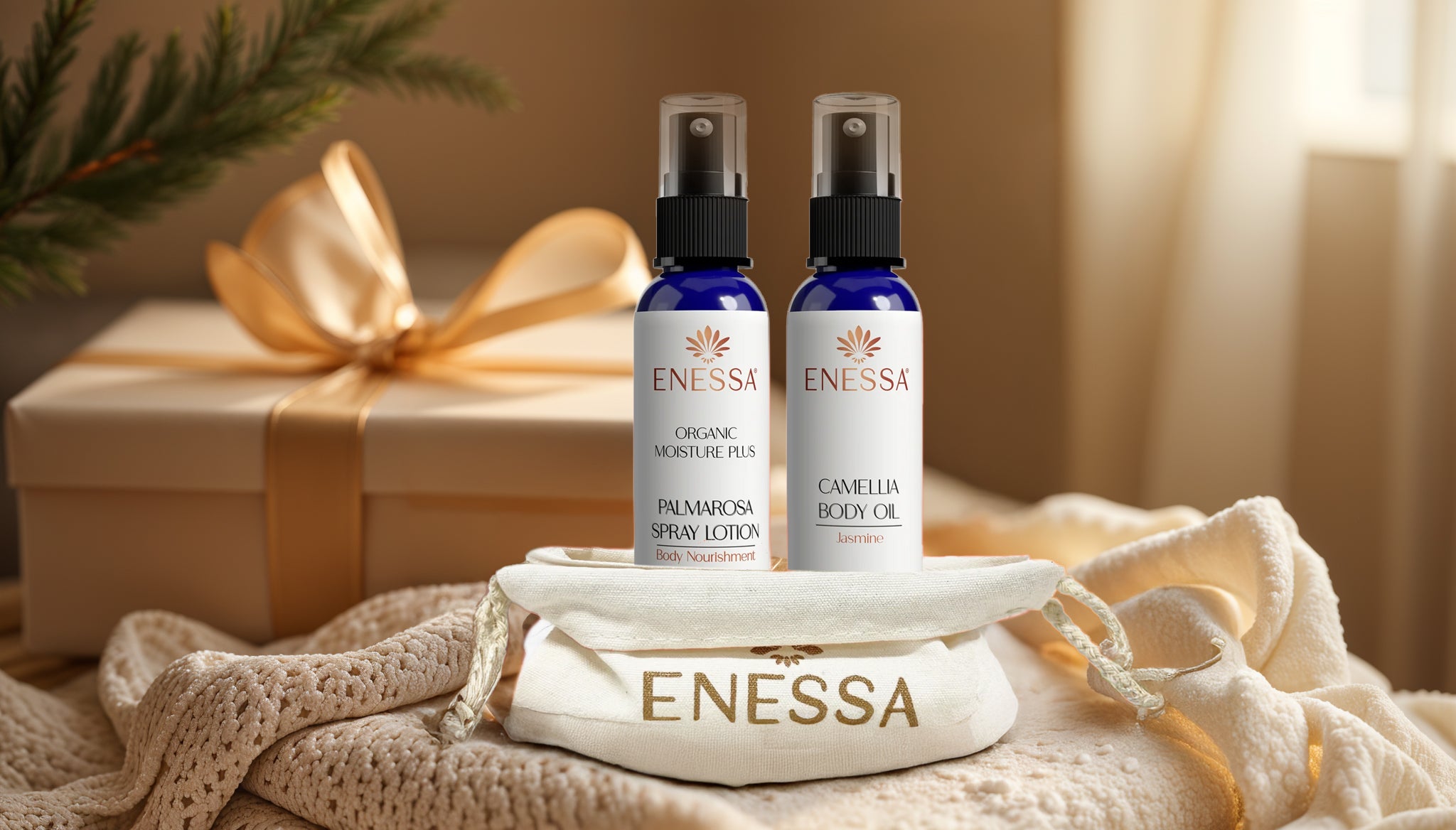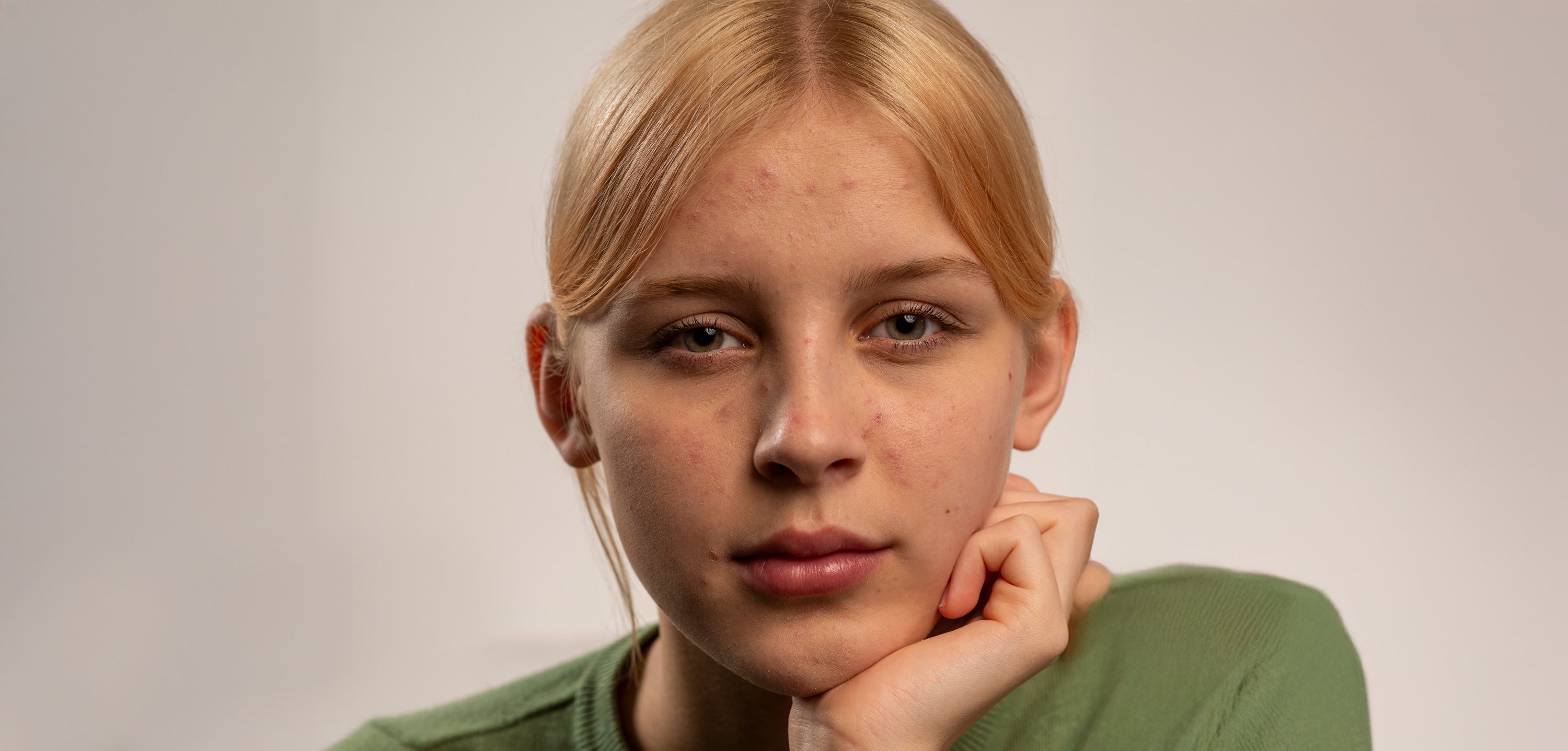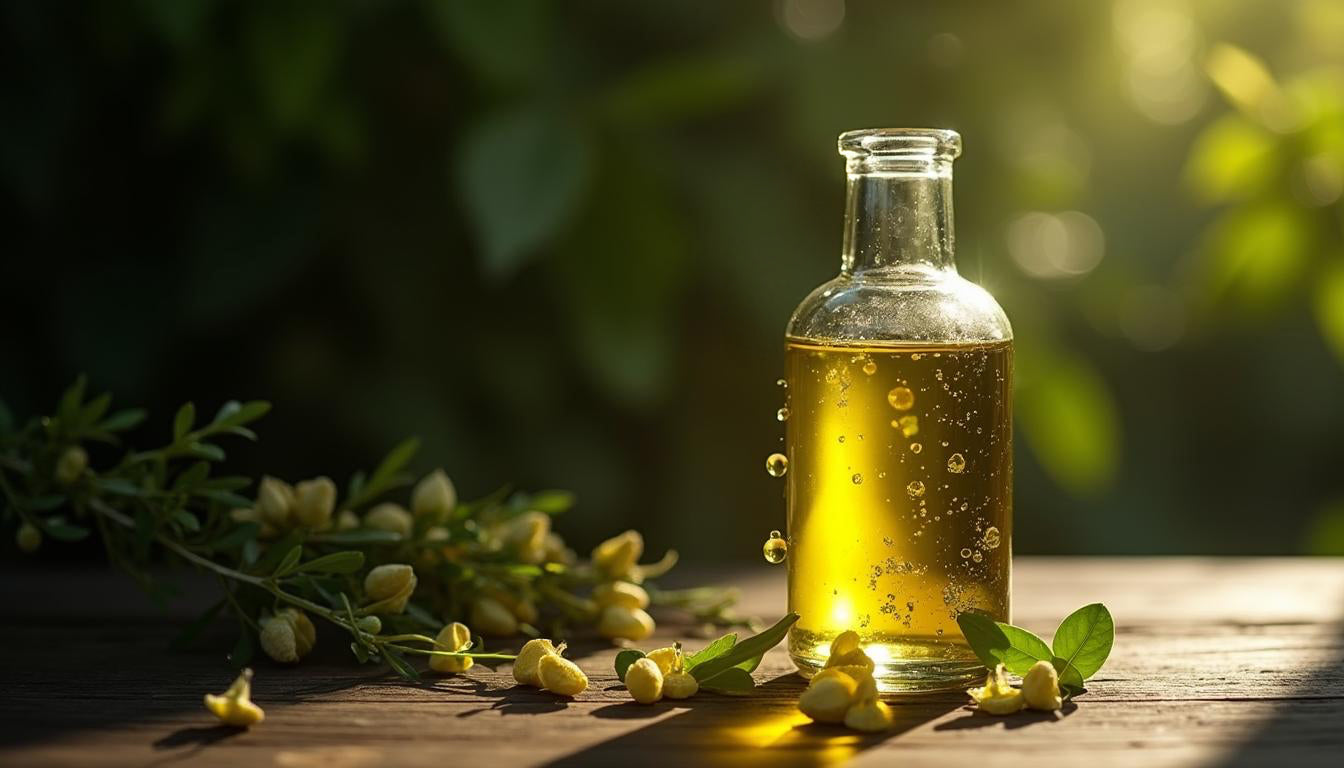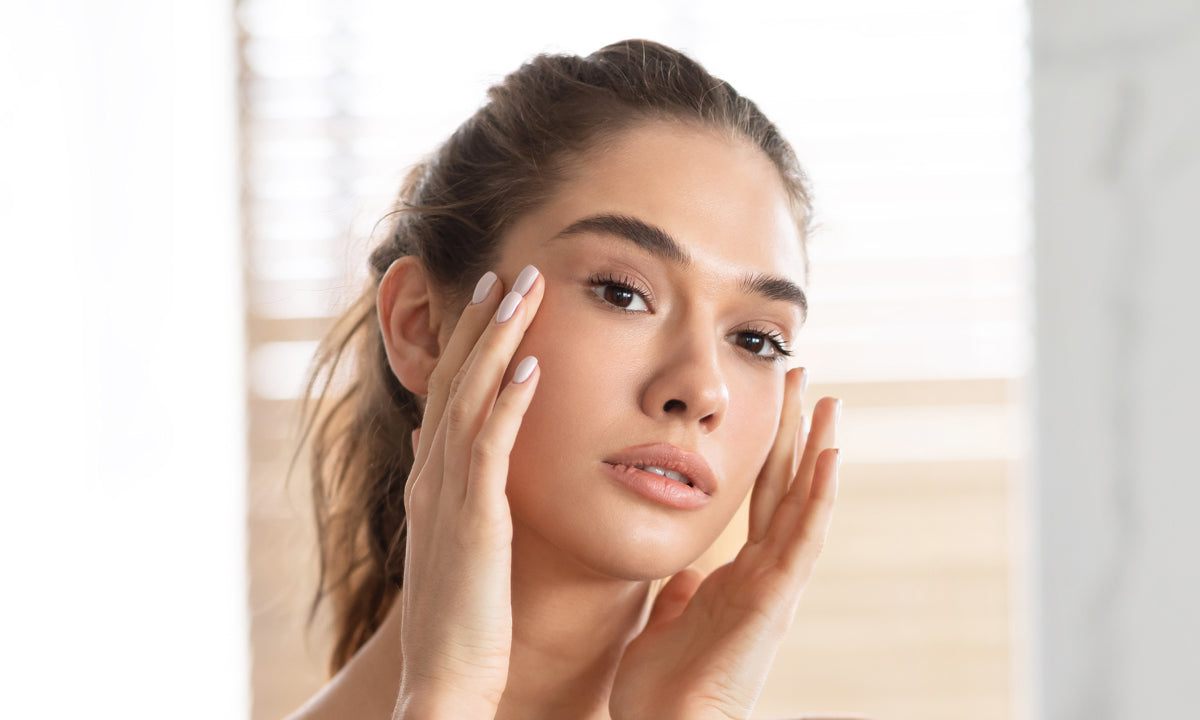
Bakuchiol vs. Retinol
Retinol, a vitamin A derivative, is known to treat blemishes and reverse the signs of aging. Yet, as much as it’s known for its ability to amplify skin collagen, reduce fine lines, and control breakouts, it unfortunately comes with side effects that not all skin types can tolerate.
Some of the known side effects of Retinol include skin irritation, redness, excessive dryness, skin thinning, and sensitivity to sun exposure.
Lately, a new ingredient has taken the skincare industry by storm-Bakuchiol.

So, why is it that skincare experts are suddenly switching to Bakuchiol? Well, let’s take a look.
What is Bakuchiol?
Bakuchiol is a potent vegan ingredient extracted from the leaves and seeds of the Babchi (Psoralea Corylifolia) plant from the Indian Subcontinent. It was first isolated from the Babchi plant in 1966 and given the name Bakuchiol based on the Sanskrit name of the plant, Bakuchi.
It has been used in Chinese and Ayurvedic medicine for centuries and is only recently gaining recognition in the skincare industry.
Bakuchiol is a retinol-like ingredient used to target skin conditions such as anti-aging and skin blemishes, minus the side effects.
Bakuchiol’s Use in Skincare
Bakuchiol is used to even and brighten skin tone by reducing the appearance of dark spots. It is known to plump skin by stimulating collagen production, smoothing fine lines, and improving skin elasticity
Additionally, Bakuchiol helps prevent skin from producing excess sebum that may result in flare-ups and skin blemishes. It contains a high amount of antioxidants which soothe skin irritation caused by breakouts.
Bakuchiol extract is added to facial serums, facial oils, and creams. For best results, it is recommended to be applied twice a day.
How Does Bakuchiol Compare to Retinol?
Essentially, Bakuchiol and Retinol are used to treat the same skin conditions -- fine lines, wrinkles, dark spots, and blemishes. However, Bakuchiol is a natural ingredient that doesn't create skin sensitivity or irritation.
According to a 12-week study published by the British Journal of Dermatology in 2018, patients treated with Bakuchiol saw significant improvements in the appearance of fine lines and cell regeneration without causing redness or dryness.
This comparative graph will help to understand the differences between Retinol and Bakuchiol:
| RETINOL |
BAKUCHIOL |
| Made from Vitamin A |
Made from extracts of the Babchi plant (aka vegan) |
| Synthetic |
Natural |
| Can be harsh on skin |
Gentle, non-irritating |
| Recommended at night |
Recommended up to twice a day |
| Can lead to increased sun sensitivity |
Does not lead to increased sun sensitivity |
| Not maternity safe |
Maternity safe |
Benefits of Bakuchiol
- Smoothes wrinkles and fines lines
- Evens out skin discoloration, skin brightener
- Reduces skin irritation
- Reduces the appearance of pores
- Treats blemishes and controls breakouts
- Helps improve skin texture
- Accelerates skin turnover
- Ideal for all skin types
Enessa Products Containing Bakuchiol

TURMERIC BLEMISH GEL

CLOVE BLEMISH CONTROL

KAKADU AGE DEFIANCE

PLANTCELL BRIGHTENING SERUM

BLEMISH SKIN CARE KIT

